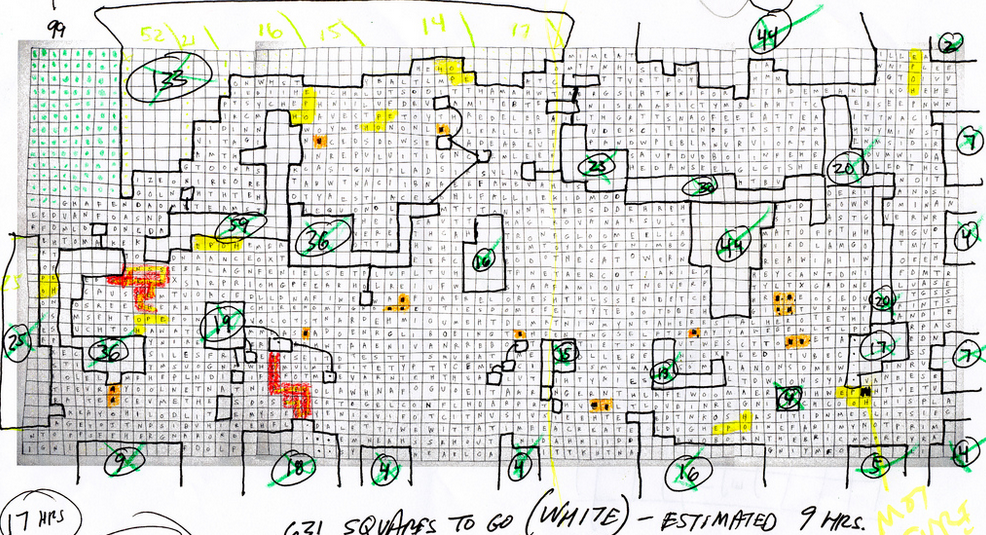Planning your research data
Section 4 of 8

Image: Planning, Estimating by Ben Husmann
The path to good research data management can be made far easier by forward planning. In fact, you should begin making plans for your data before you start to create or collect it. It will pay to think about how you're going to organise and store your data at the start of a research project, when you haven't yet accumulated much material and when it's easier to keep track of everything. At this point it's often tempting not to think too much about organising data; more likely you'll just want to get on with the research. Bear in mind, though, that beginning to manage data will get progressively harder as your research progresses and you create more of it. In terms of forward planning, it will also help to consider what will happen to your research data at the conclusion of the project. It's quite possible the data you create will need to be preserved and possibly re-used, by yourself or by others.
Many funders now expect you to submit a statement that outlines your plans for data management and data sharing, as part of the grant application process: that is, before your project starts. This statement is often referred to as a data management plan (DMP), it may also be known as a data management and sharing plan, a data access plan, or a statement on data sharing. Such plans are usually assessed along with the rest of an application. Poor DMPs have resulted in unsuccessful applications. Those researchers whose funders do not require a DMP to be submitted as part of the grant application process, (e.g. EPSRC applicants) still need to make plans for their data at an early stage. It's important to note that the decisions you make will affect what it will be possible to do with your data in the future.
A data management plan will require you to consider in detail, and make decisions about, at least some of the following issues with regard to your own project:
Most research funders are happy to see the costs of research data management included within budgets. As with any cost, these should be both proportional and justified.
Remember also that a data management plan may need to be continuously maintained and updated throughout the course of your research project.
Quiz: Data management plans - Below are some statements regarding DMPs. Which are true and which false?
- False. A data management plan should be flexible and evolve as necessary.
- True. Both issues would usually be covered by the data management plan.
- True. Organising your research data becomes harder as your research project progresses.
- False. A data management plan is typically required by the funder.
